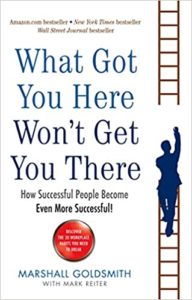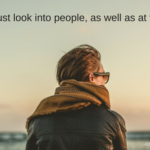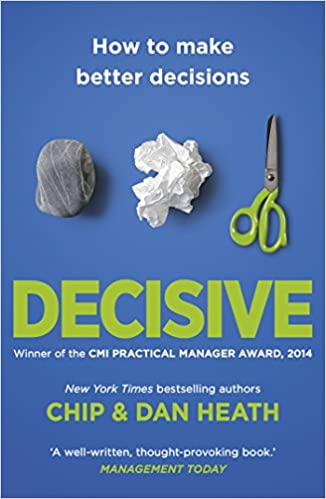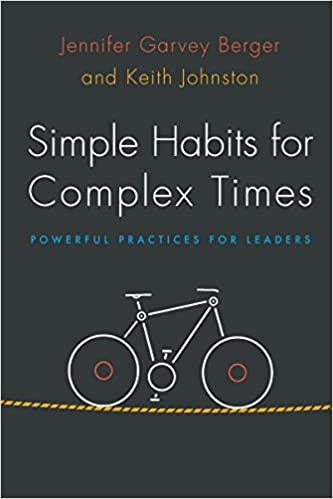“At some point the virtue of being persistent turns into the vice of denying reality.”
—Chip Heath, Decisive
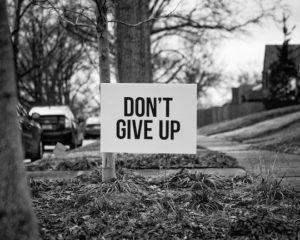
Image from Unsplash by Rosie Kerr
We have all been told that winners never quit and quitters never win.
To what degree do you actually live by these words in your personal and professional worlds?
I have embraced these words and think I must have an internal tattoo reminding me to never give up, and that persistence always pays.
How many books or stories have you read or heard throughout your life in which the underdog and hero within courageously stayed the course and triumphantly achieved their dreams?
Alternatively, how many stories have you heard in which this message has been swept under the carpet and hidden from view because of bad PR?
EXERCISE:
How and in what ways has your world changed?
What closed doors – some possibly locked forever – are you still trying to open with the key of persistence?
Where might you be denying a hard reality? Where might taking a new path be a virtue in which persistence would pay off once again?
Consider reading Seth Godin’s book, The Dip, to further explore when to quit and when to stick with some of your most important current and future decisions.


